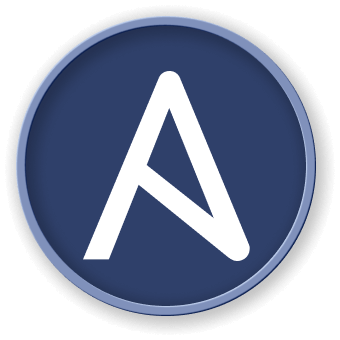Testing Ansible Roles with Molecule
Molecule is a powerful testing framework for Ansible roles. It provides a consistent and reliable way to test your Ansible code, ensuring that your roles work as expected across different environments and platforms.
What is Molecule?
Molecule is an open-source project that helps you develop and test Ansible roles. It provides a set of tools and utilities that make it easier to create, test, and share your Ansible automation.
Benefits of Using Molecule
- Consistent Testing: Molecule ensures that your roles are tested the same way across different environments, reducing the risk of unexpected behavior.
- Automated Testing: Molecule automates the process of setting up test environments, running tests, and reporting results, saving you time and effort.
- Improved Collaboration: Molecule makes it easier to share and collaborate on Ansible roles, as the tests can be included in the role's repository.
- Increased Confidence: Molecule helps you catch issues early in the development process, improving the overall quality and reliability of your Ansible automation.
Getting Started with Molecule
To get started with Molecule, you'll need to have Ansible and Molecule installed on your system. Here's an example of how to set up a new Ansible role and configure Molecule:
## Create a new Ansible role
ansible-galaxy init my-role
## Initialize Molecule for the new role
cd my-role
molecule init scenario -r my-role -d docker
## Run the Molecule tests
molecule test
This will create a new Ansible role called my-role and initialize Molecule with a Docker-based test scenario. You can then customize the Molecule configuration and tests to fit your specific needs.
Molecule Test Scenarios
Molecule supports different test scenarios, such as Docker, Podman, and Vagrant. You can choose the scenario that best fits your development and testing requirements.
Here's an example of a Molecule test scenario using Docker:
## molecule/default/molecule.yml
---
dependency:
name: galaxy
driver:
name: docker
platforms:
- name: instance
image: ubuntu:22.04
pre_build_image: true
provisioner:
name: ansible
verifier:
name: ansible
This configuration sets up a Docker-based test environment using the ubuntu:22.04 image.


